
If you have green fingers and a love for plants and trees, you’ll be pleased to hear that there are many career options available to you. After a garden nursery assistant and florist, another option you might want to consider is Horticulturist, one of the most respected and prestigious careers in horticulture.
Here, we are going to take a closer look at what exactly it is that Horticulturists do, how you can become one yourself and how you can advance your career in this fruity field.
1. Pomology:
The term Pomology is derived from the Latin word ‘pomum’ meaning ‘fruits’ and the Greek term ‘logy’ meaning Science. Thus, pomology is the science of production of fruit crops. OR The science of growing fruit crops.
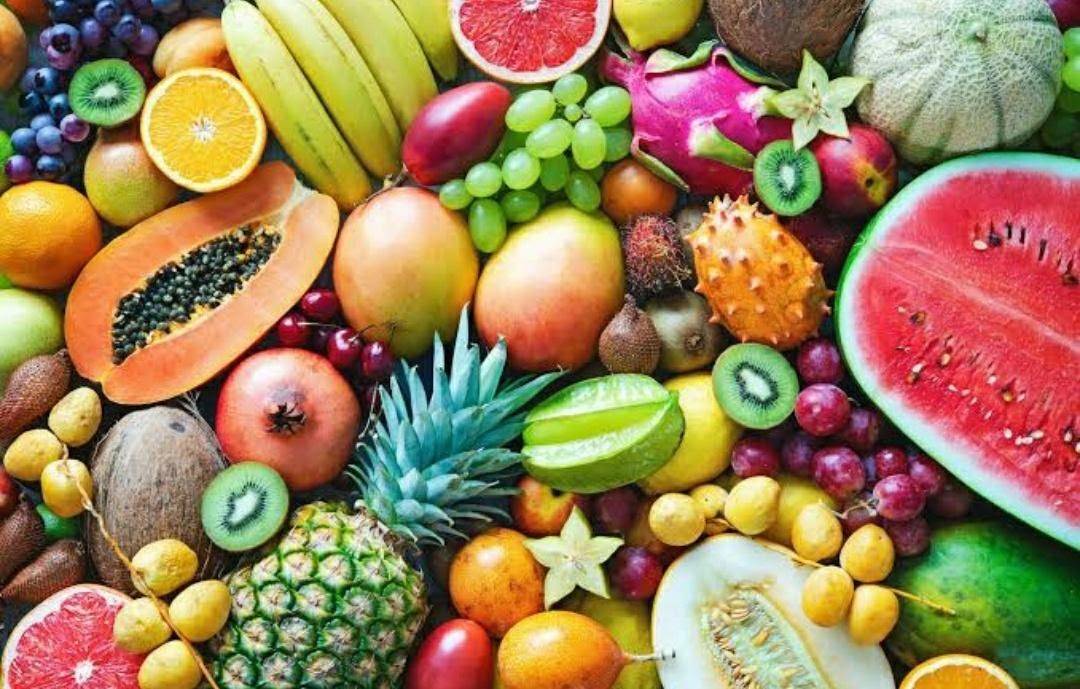
(a) Tree fruits: Fruits are produced on tree e.g. Mango, Chiku, Citrus etc.
(b) Small fruits: Fruits are produced on shrubs or vines e.g. Phalsa, Raspberry, Mulberry, Grapes, Gooseberry, Strawberry
Role of a Pomologist:
They are responsible for cultivating new fruits and nuts, as well as maximising the production of existing varieties. They also make sure that crops are more resistant to diseases and adverse weather and that they remain commercially viable.
Job Duties
As a pomologist, your job duties will typically include:
-
Developing new fruit and nut cultivars
-
Studying pruning practices, fertilisation and other activities to ensure trees and crops remain healthy and productive
-
Dealing with crop pests, infections and diseases which could threaten the health of a crop
-
Determining the best ways to harvest and transport fruit and nuts, eg: developing specialised crates
-
Analysing shelf life and storing conditions to ensure crops last as long as possible once harvested
-
Cope with adverse weather to ensure survival of crops across changing climate conditions
-
Studying the growing conditions of various fruit and nut trees
-
Watering, pruning and transplanting crops, when necessary
Essential Skills & Qualities
First and foremost, you’ll need a love for outdoor gardening and an eagerness to learn about horticulture subjects like fruit tree propagation to become a pomologist.
You’ll also need:
1.Excellent research and laboratory skills
2.Strong analytical skills
3.An interest in fruit cultivation
4. critical thinking and problem-solving skills
5.Good outdoor/field skills
6. A good level of attention to detail
7.Good report-writing skills for creating research reports
8.Excellent speaking skills
Inquisitiveness and persistence
9.An up-to-date knowledge of the industry’s trends
Working Hours & Conditions
Pomologists usually work Monday to Friday, 9am to 5pm, but working hours and workloads can vary according to the season. Long hours and working on weekends is to be expected. Work is usually carried out in the field where you will work with actual trees. Outdoor work can be challenging as you will often have to perform your job in all sorts of weather, including in the freezing cold, rainstorms and blistering heat. A hands-on approach is, therefore, critical. You will also work in an office or conduct theoretical research in a lab.
Salary
Salary information for pomologists is obscure but since this is a specialised profession, a generous salary is to be expected.
2. Olericulture:
The term Olericulture is originated from Latin word ‘oleris’ meaning pot herb and the English word culture meaning raising of plants. Thus, olericulture is the science of vegetable crops. OR The cultivation of vegetable crops. e.g. brinjal, tomato, potato, radish, carrot, chilli, bottle gourd.
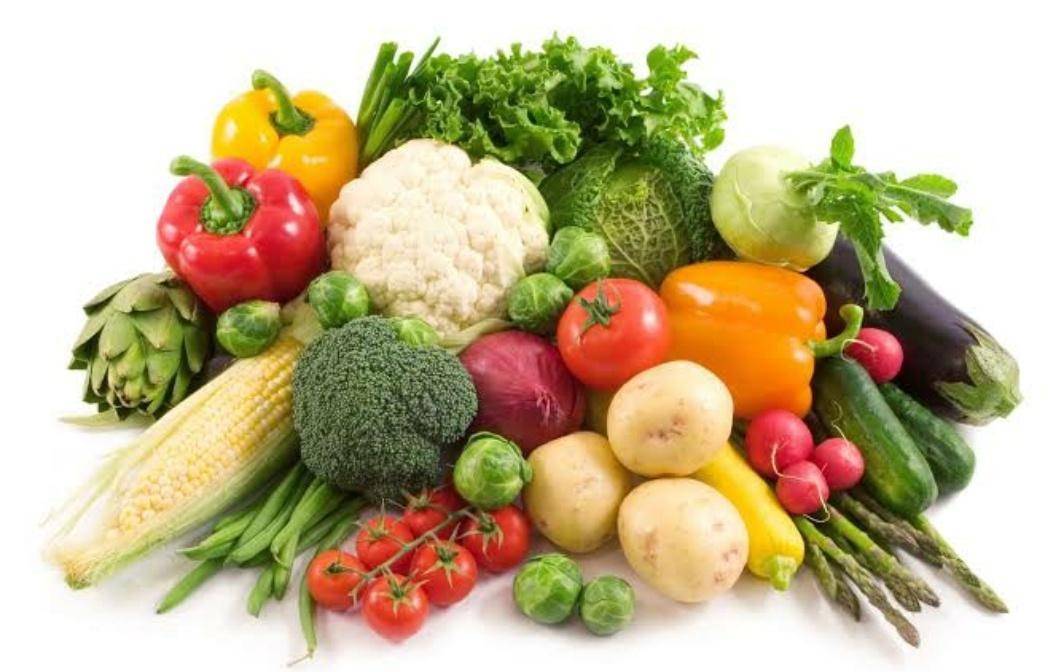
Vegetable crops can be classified into nine major categories:
1.Potherbs and greens – spinach and collards
2.Salad crops – lettuce, celery
3.Cole crops – cabbage and cauliflower
4.Root crops (tubers) – potatoes, beets, carrots, radishes
5.Bulb crops – onions, leeks
6.Legumes – beans, peas
7.Cucurbits – melons, squash, cucumber
8.Solanaceous crops – tomatoes, peppers potatoes
9.Sweet corn
Role of a Olericulturist:
1. Olericulturists deals with the production, storage, processing and marketing of vegetables.
2. Olericulturists encompasses crop establishment, including cultivar selection, seedbed preparation and establishment of vegetable crops by seed and transplants.
3. Olericulturists also includes maintenance and care of vegetabe crops as well commercial and non-traditional vegetable crop production including organic gardening and organic farming; sustainable agriculture and horticulture; hydroponics; and biotechnology.
Job Duties
As a olericulturist, your job duties will typically include:
-
Developing new vegetable cultivars
-
Studying pruning practices, fertilisation and other activities to ensure trees and crops remain healthy and productive
-
Dealing with crop pests, infections and diseases which could threaten the health of a crop
-
Determining the best ways to harvest and transport vegetables eg: developing specialised crates
-
Analysing shelf life and storing conditions to ensure crops last as long as possible once harvested
-
Cope with adverse weather to ensure survival of crops across changing climate conditions
-
Studying the growing conditions of various vegetable plants.
-
Watering, pruning and transplanting crops, when necessary
Essential Skills & Qualities
-
First and foremost, you’ll need a love for outdoor gardening and an eagerness to learn about horticulture subjects like olericulture with excellent research and laboratory skills, strong analytical skills, an interest in vegetable cultivation.
-
Critical thinking and problem-solving skills , good outdoor/field skills , a good level of attention to detail ,good report-writing skills for creating research reports ,excellent speaking skills inquisitiveness and persistence.
-
An up-to-date knowledge of the industry’s trends
3. Floriculture
It is a science of cultivation of flowers and ornamental plants for commercial purposes or merely for getting pleasure and as a hobby.

Due to increase in domestic need of flowers, the career scope in the field of floriculture is also increasing . Nowadays, demanding of flowers like roses, gerbera, carnation, gladiolus, Orchids, and lilies is increasing day by day.
What is the job of Floriculturists?
-
Floriculturists are involved in the cultivation of plants that produce beautiful flowers.
-
They focus on the farming of ornamental plants for gardens, floral industry and for export.
-
In addition to this, they also produce plant breeding of new varieties.
-
They also do other jobs like wild harvesting and production of commercial flowers, flower seed, foliage and essential oil crop and production of plant products
1)Floral Designers
2)Interior Decorator
3) Production Managers
4)Management Analysts
5)Floral Wholesaler
6)Sales Representatives
7)Landscape Technician
Where Are Floriculturists required?
-
The need of floriculturists is in nurseries, Botanical Gardens, farm companies, Genetic companies, Agricultural product companies. Aspirants may teach at the college and university level as a professor. Floriculturists teaching in the college may become the instructor, assistant professor, associate professor and professor.
-
They are also required in cosmetics and perfume manufacturing companies.
-
Many companies and firms employ the graduates of floriculture in various designations. Some outdoor design consultancy firms do work in horticulture landscaping and plantation which employ floriculturists and horticulturists in supervisory positions for the growth of gardens. You can also be employed by the city planners and builders for their construction sites.
-
You can set up your own business in growing flowers for the export market, growing ornamental plants, running nurseries, or providing gardening and landscaping for advisory services. Cosmetics and perfume industry are other career options in which you might be hired as a floriculturist in the perfume industry.

4.Landscape gardening:
It is a science of designing and laying out home gardens, public gardens, parks, road side plantation, avenues etc.
Role of landscaper:
Activities that modifies the visible features of an area of land, including:
-
Living elements, such as flora or fauna; or what is commonly called gardening, the art and craft of growing plants with a goal of creating a beauty within the landscape.
-
Natural elements such as landforms, terrain shape and elevation, or bodies of water; and
-
Abstract elements such as the weather and lighting conditions.
Importance of landscape:
|
Economic |
Social/Cultural |
Ecological |
|
1.Tourism 2.Branding 3.Attracting Investment 4.Attracting Residents 5.Productive Capacity |
1.Quality of Life 2.Spiritual Renewal 3.Sense of Place and Identity 4.Cultural Values 5.Historical Linkages |
1.Indigenous 2.Regeneration 3. Conservation 4.Habitats
|
Sub divisions under Landscaping, includes
1.Landscape design
2.Landscape ecology
3 Landscape engineering
4.Landscape planning
5.Landscape archaeology
6.Naturescaping
7.Sustainable landscaping
8.Terraforming
9.Xeriscaping

5.Post harvest Technology:
It is a science of canning of fruits and vegetables. e.g. fruit juice, jam, marmalade, candy, dehydration etc. product groups like confectionery, chocolates and cocoa products, soya- based products, mineral water, high protein foods etc.
After harvest, foods (e.g. fruits, vegetables, milk, meat, fish,) are liable to accelerated physiological, chemical, and microbial processes that invariably lead to deterioration and loss of wholesomeness.
In the absence of such processing, massive post harvest losses can ensue.
Roles of Food Scientist:
It is the responsibility of the food scientist or technologist to understand the underlying processes contributing to food deterioration and spoilage and, to device appropriate measures and methods of preservation in order to ensure availability, acceptability and safety of food.
-
Post harvest loss reduction technology encompasses the usage of optimum harvest factors, reduction of losses in handling, packaging, transportation and storage with modern infrastructure machinery, processing into a wide variety of products, home scale preservation with low cost technology.
-
Use of thermal processing, low temperature, drying, chemical and biological reactions coupled with other preservation techniques are applied to enhance the storability.
-
Containers and packaging materials confer portability as well as extend the shelf-life. Adoption of these techniques could make available a large quantity of food by avoiding losses and provide better quality food and nutrition, more raw materials for processing, thus ensuring better returns to the farmers.
Sector wise food processing:
1. Fruits and vegetables processing
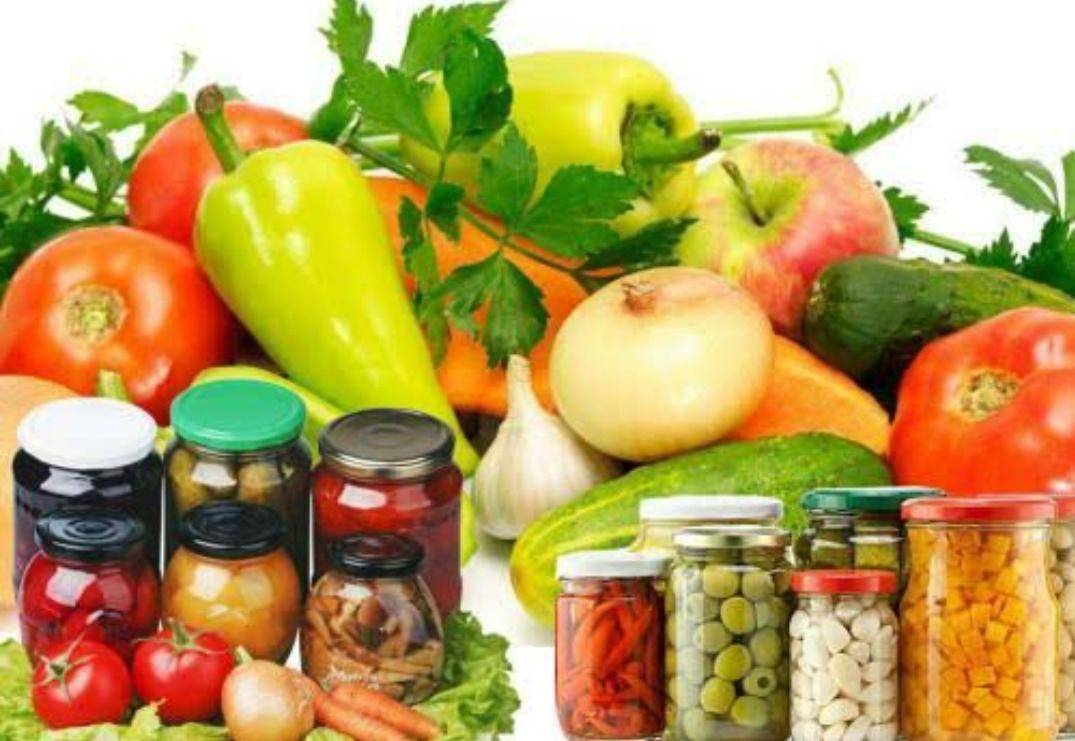
2.Processing of commercial crops
-
Sugarcane, tea and coffee are major commercial crops grown in India.
-
Tea emerged as major foreign exchange earner. India is the largest producer and exporter of black tea. India exports between 150 -170 million kilograms of tea per annum.
3.Packed and convenience food
Modern packed and convenience foods such as bread, biscuit, confectionery, chocolates, ready to eat foods like noodles, cereal flakes, etc have become popular in recent years especially in urban areas although traditional foods have been used in the country in the form of roasted, puffed, sweet meat and baked products.
-
The extruded foods are largely produced in the unorganized sector.
-
The traditional ethnic ready to eat foods prepared in hygienic conditions and marketed with better packaging has plenty of domestic and exports market presently, has good scope.
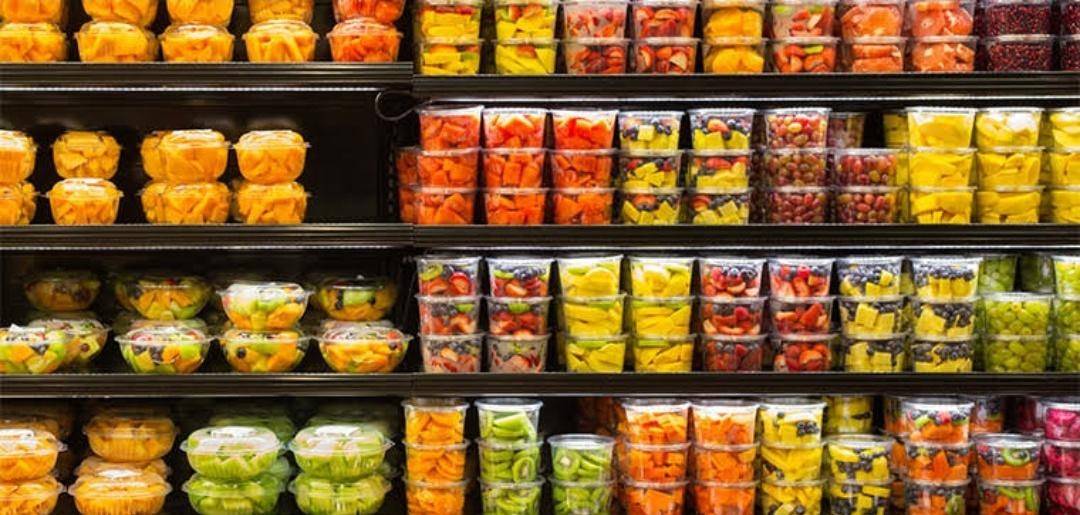
4. Soft drinks
The aerated soft drinks industry in India comprises over 100 plants across all states. The soft drinks constitute the 3rd largest packaged foods regularly consumed after packed tea and packed biscuits.
-
Processing can always fetch an additional income to the growers and help in stabilizing the prices with economic returns.
-
The best overall indicator of the economic contribution of food processing to the food system is the value addition.
-
It represents the firm’s contribution to an industry’s value addition and the value addition is the indicator of the industry’s contribution to GDP
-
Processing units are a boon for the welfare of the orchardists as they can save their crop from wastage and at the same time their produce becomes more valuable, price fetching commodity with suitable post harvest treatment packaging and by processing into various products.
6. Silviculture:
Cultivation and management of forest tree e.g. teak wood, neem, ficus, eucalyptus etc.
Roles of Silviculturist:
-
Control of crop composition and production of species of more economic value.
-
Control of stand density for Production of maximum volume.
-
Afforestation of blank under stock areas.
-
Production of Quality Timber.
-
Control of Rotation period.
-
Facilitate Management and use of forests.
-
Creation of man- made forests and Introduction of exotics.
-
Protection of site and intangible returns.
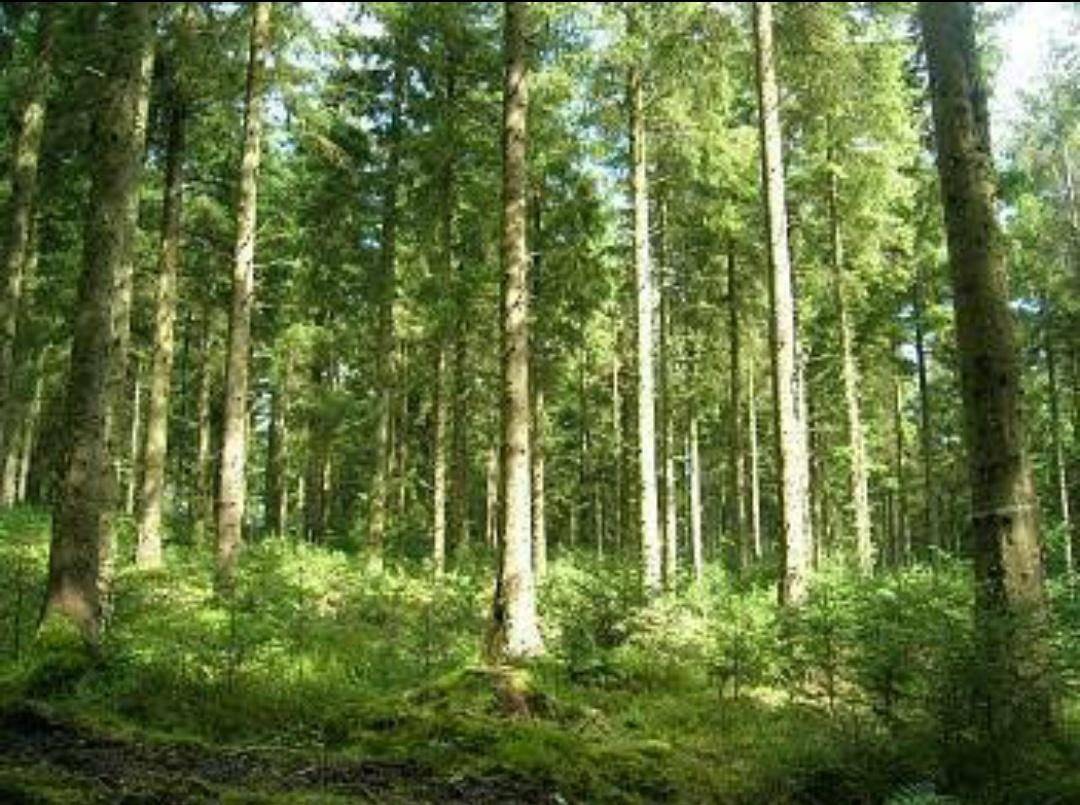
7.Plantation crops:
Cultivation of tea, coffee, coconut, arecanut, rubber, oil palm etc.
Scope of plantation crops:
1)Expansion in non-traditional areas
2)Export potential :Plantation crops earn foreign exchange. Eg. Coir based products ,Coir export and Coffee .
3)Employment generation:Cultivation of plantation crops provide year round gainful employment on the farm and factories. Eg. Coconut provides for 78 man days/ha/yr. Amounting to 70 million man days/year. in Kerala alone.
4)Crop diversification:These crops provide ample scope for diversification and there by it creates sustainable agriculture.
5)Availability of technology and yield gap:
Considerable information on recent technologies are available on these crops. Eg. CPCRI Kasargod, Kerala. NRC on Cashew, Shantigod, Puttur (D.K). and Various Agril. Universities, Res. Stations etc.
8.Spices and condiments:
Cultivation of crops which products are used as adjunct in food for flavor, aroma and taste. e.g cardamom, clove, nutmeg, coriander, cumin etc.
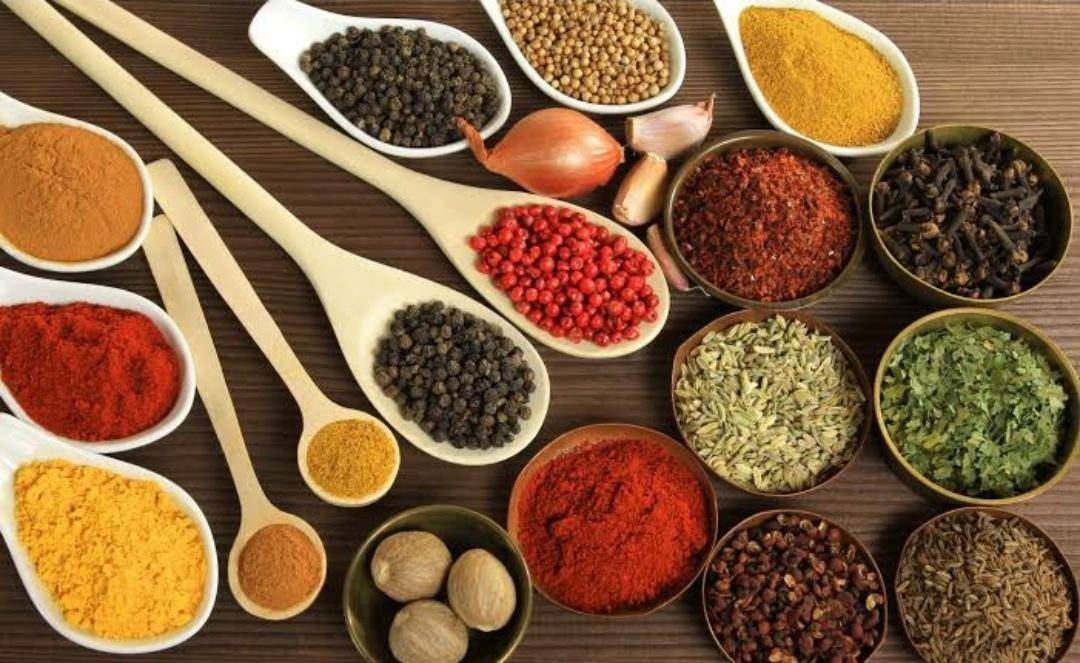
It is low volume , high value crop
9.Aromatic and medicinal plants:
Cultivation of aromatic and medicinal plants like gugal, aonla, beheda, harde, lucorice, lemon grass etc.
For human life:
The magical compound of medicinal and aromatic plants keeps saving human until present, such as medicine, food, healing, and recreation.
-
One of the huge benefits from medicinal and aromatic plants was to overcome many difficult illnesses, such as contagious disease, cancer, and AIDS/HIV.
-
The National Cancer Institute (NCI) screens plants for the possibility of new drugs and active plant chemicals for cancer and AIDS/HIV in several ongoing collaborative programs.
10. Sericulture:
Deals with rearing of silkworm and production of silk.
Sericulture means silk farming. The word 'Sericulture' is derived from the Greek word 'Sericos' meaning 'Silk' and the English word 'Culture' meaning 'Rearing'.
-
Sericulture plays a significant role in the rural economy of India, is not bound to just worms, but includes all activities related to the silk culture like mulberry cultivation and even post-cocoon technology.
Jobs in Sericulture:
1. Sericulture offers career opportunity in Govt. research centers, silk boards, academic fields, sericulture units, agriculture sector banks etc.
2.One can get jobs in Central Government agencies like Central Silk Board/Silk Export Promotion Council/Fao/Nabard, Krishi Vigyan Kendra etc.
3.Candidates with M.Sc sericulture can apply for the post of lecturer, professor and lab assistant. Sericulturists can find employment as officers, managers in the agricultural loan sector of nationalized as well as private banks.
4.Consultants with in-depth and updated knowledge of the field are also in demand, especially to provide guidance for the setting up of sericulture farms.
Additional
1..Apiculture: Bee keeping rearing for honey production.
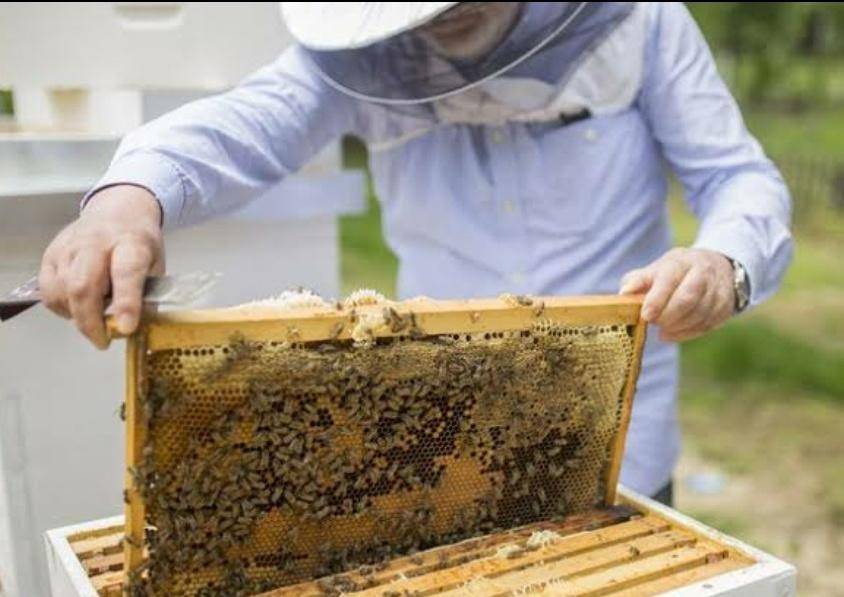
Top Benefits of Beekeeping:
-
Save money on local honey.
-
Boost your vegetable garden’s production.
-
Save money on beeswax
-
Bee Pollen and Propolis are natural remedies
-
Sheer enjoyment and entertainment(Waggle Dance).
2.Mushroom production: Production of different edible species of mushroom like Agaricus bisporus (button), pleurotus sp. (oyster), Calocybe indica (Milky), Volvariella volvacea (paddy straw).
Importance of Mushroom Production:
1.Nutritional value:Protein content, 3-7% when fresh and 25- 40% when dry. Contain all essential amino acids, amides and lysine.
2.Medicinal value: Consumption of mushrooms slows down the spread and effect of cancer, heart disease, HIV/AIDS (by boosting immune system).
3.Income generation
4.Employment creation.
Reference:
-
Why Horticulture?". Department of Horticultural Science. University of Minnesota. Archived from the original on 2019-05-02. Retrieved 2 May 2019.
-
The Fruits and Fruit Trees of America (1845) .
-
Introduction to Olericulture by the Department of Horticulture and Landscape Architecture, Purdue University.
-
"Floriculture News" (PDF). No. 64. The Department of Agriculture, Western Australia. May 2005. Archived from the original (PDF) on March 7, 2016. Retrieved September 17, 2012.
Author:
Mohammed Shoeib Ahmer
B.Sc(Hons)Horticulture ,Final Year
Sri Konda Laxman Telangana State Horticultural University
Mojerla, Hyderabad
Telangana
Email- [email protected]










